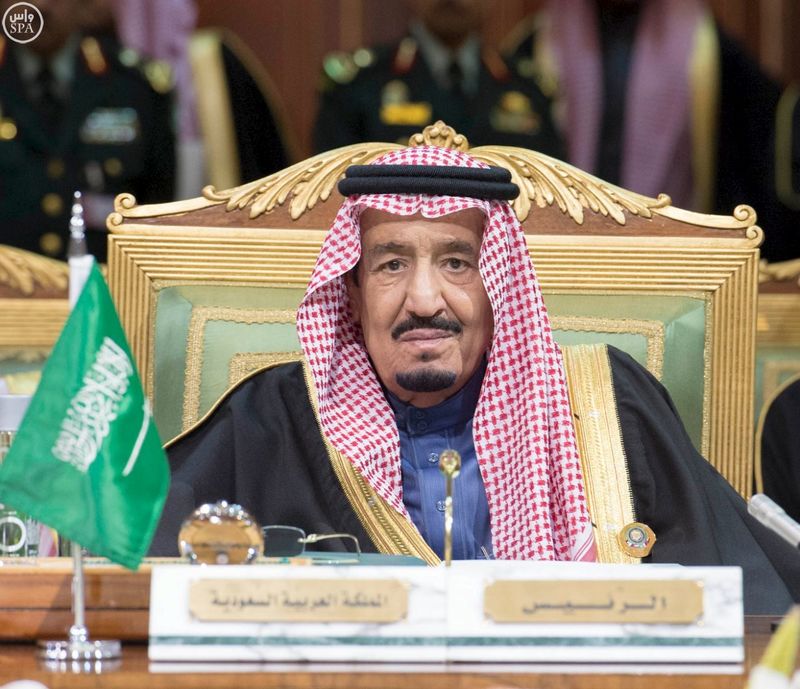Riyadh-Saudi Ministries of Economy and Finance started adopting a series of initiatives that ensure more non-oil revenues in the Kingdom, a step that aims at boosting Saudi economic durability and power; and leading to making Saudi Arabia a member of the Group of Twenty (G20).
In this framework, new decisions on Monday regarding exit, entry, transit and visit fees were issued to help contribute to the efforts to diversify the economy, while encouraging foreign nationals to spend longer periods of time in the country without transferring money abroad.
The new decisions, approved by the Council of Ministers, are expected to have a marked positive impact on the national economy, and to help in diversifying the local economy, increase private sector activity and reduce dependency on oil as the main source of national income.
The decisions will actively contribute to increasing the activities of the non-oil sector, and thus guide the economy toward a new, positive direction.
The developments are in line with the Kingdom’s plans to reduce dependency on oil as a main source of income and to diversity sources of income by privatizing some sectors.
In this matter, the Saudi budget for the 2015 fiscal year showed that the country already receives increased revenues from non-oil sources, with such income amounting to nearly SR163.5 billion ($43.5 billion), a 29 percent increase over the SR126.8 billion ($33.8 billion) in 2014.
For his part, Accounting Instructor at Ta’if University Dr. Salem Baajaja told Asharq Al-Awsat newspaper that Saudi Arabia is moving steadily towards reducing dependency on oil as a main source of income for the country.
Dr. Baajaja stressed the importance of diversifying sources of income, noting that the decisions issued by the Saudi Cabinet on Monday will develop the economy and revive it faster.
